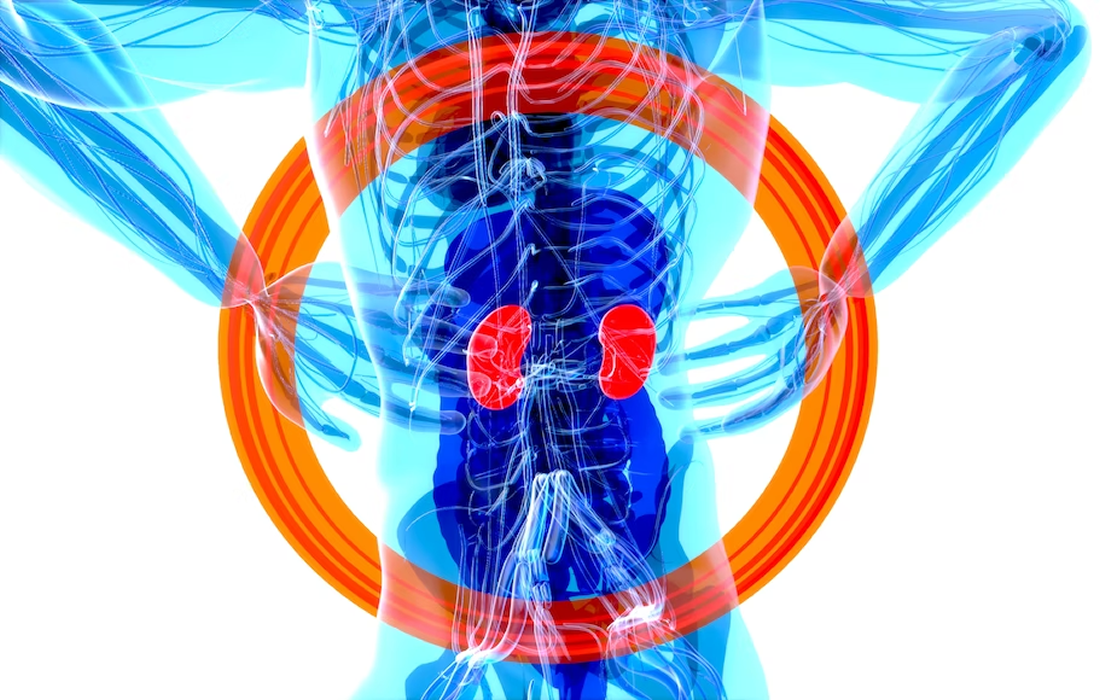Regenerative Medicine News and General Information
Is Kidney Function Associated With Development of Alzheimer Disease and Other Dementias?
Alzheimer disease (AD), the most common form of dementia, has a long preclinical phase, and the cause and progression of the disease are multifactorial. Increased understanding of the disease is critical to effective treatment, prevention, and use of AD biomarkers in the clinical setting.
Kidney function has been previously associated with risk of dementia, including AD and vascular dementia.
Reduced kidney function has been associated with increased levels of neurofilament light (NfL),phosphorylated tau (p-tau), total tau,and amyloid-β in blood. It is crucial to the establishment of clinically useful ranges and interpretation of blood biomarker levels.
Considering the kidneys are responsible for blood filtration and the mechanism linking kidney function to AD is unclear, it is important to explore more extensively whether kidney function plays an influential role in AD pathology or is merely a factor associated with the accuracy of blood AD biomarkers.
The aim of this study was to explore the association of kidney function with risk of incident AD or dementia diagnosis within 17 years and with the dementia-related blood biomarkers NfL, p-tau181, and glial fibrillary acidic protein (GFAP) in a prospective community-based cohort study. Secondarily, sex- and age-stratified analyses were conducted.
The ESTHER study consists of 9940 participants recruited by general practitioners in the context of a general health screening examination in a statewide study in Saarland, a small state (approximately 1 million inhabitants) located in southwest Germany, from 2000 to 2002.
Previous research findings regarding kidney function and dementia risk have been mixed. In several longitudinal studies, including the largest to date, an association between kidney function and increased risk of vascular dementia but not AD was evident.
Many studies did not illustrate an association between kidney function and risk of all subtypes of dementia.
These results are in line with our study and support the lack of a definite association between kidney function and dementia, especially AD. Increased dementia risk may be a result of the physiological consequences associated with constant blood flow in both the kidneys and the brain.
Shared vascular risk factors may be important confounders in the association between kidney function and cognitive health, which could explain the uncertainty and mixed results regarding the association.
Source:
Stocker H, Beyer L, Trares K, et al. Association of Kidney Function With Development of Alzheimer Disease and Other Dementias and Dementia-Related Blood Biomarkers. JAMA Netw Open. 2023;6(1):e2252387. doi:10.1001/jamanetworkopen.2022.52387
Image from:Photo by Julien Tromeur on Unsplash

